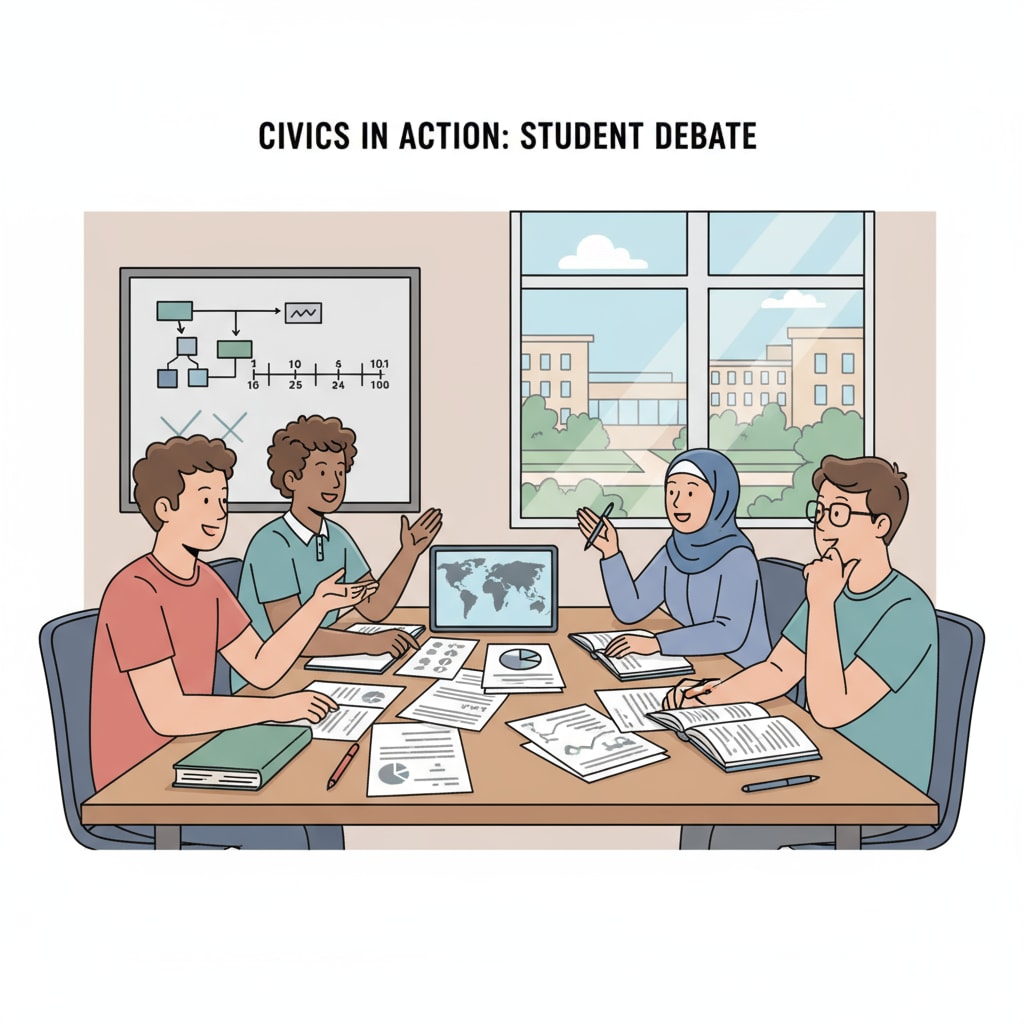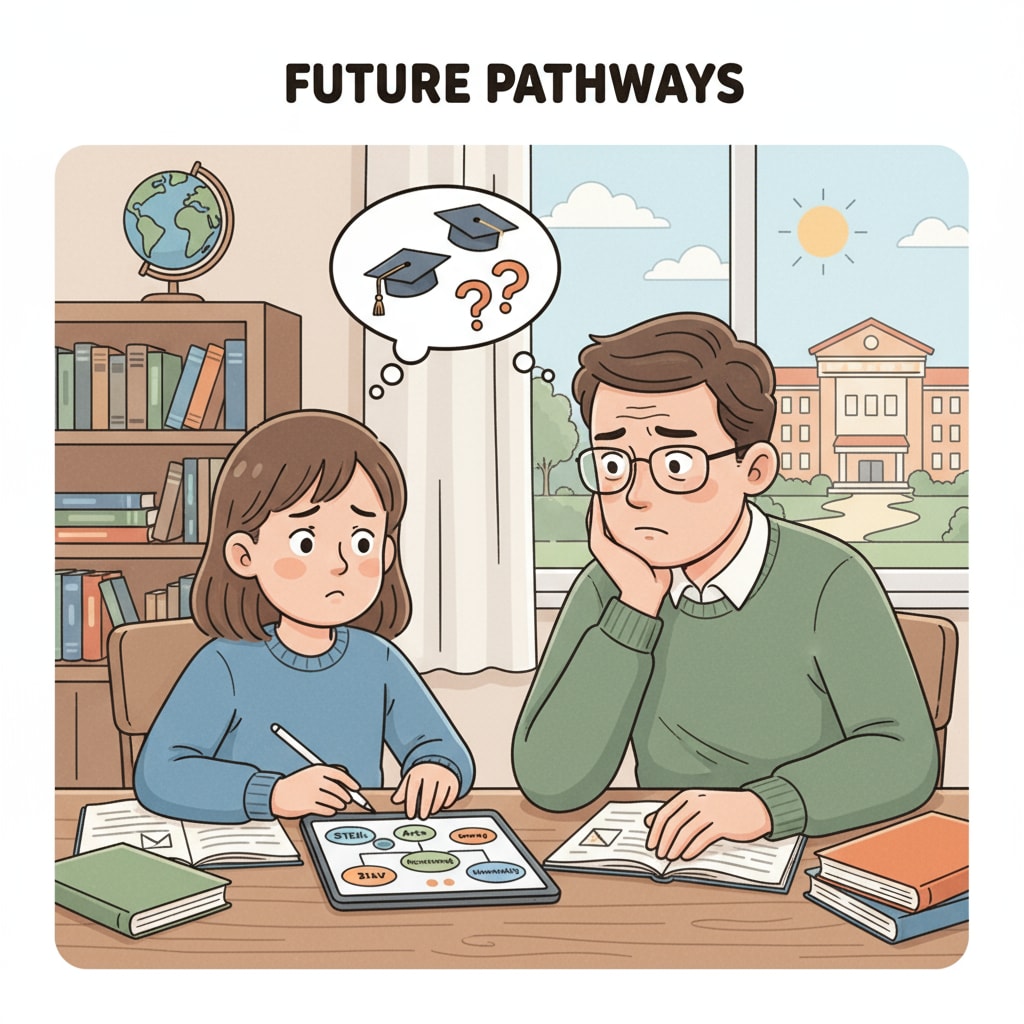Political interests, parental opposition, and education funding often intertwine in complex ways when it comes to students’ educational choices, especially during the K12 phase. This can lead to significant family conflicts that affect not only the students’ academic paths but also the family dynamics. For example, a student with a strong passion for politics may face opposition from parents who have different expectations for their future.

As students progress through their K12 education, they start to develop distinct academic interests. However, these interests do not always align with what their parents envision for them.
The Clash of Political Aspirations and Parental Expectations
During the K12 years, students are exposed to a wide range of subjects, and some may find themselves drawn to political studies. They might be fascinated by the workings of government, international relations, or social policies. But parents often have concerns. They may worry that a focus on politics won’t lead to a stable career or a prosperous future. According to Education.com, many parents prioritize practical and lucrative career paths for their children, such as medicine, engineering, or business. As a result, when a child shows a strong interest in politics, it can create a rift in the family regarding educational choices.

The Role of Education Funding in the Conflict
Education funding also plays a crucial role in this conflict. Parents typically hold the purse strings when it comes to their children’s education. If they oppose their child’s political interests, they may be reluctant to provide the necessary financial support for related educational opportunities. This could include funding for political science courses, participation in political debate clubs, or study abroad programs focused on political studies. As stated on Britannica, the financial aspect of education is a significant factor in determining a student’s academic pursuits. Without adequate funding, students may be forced to abandon their political interests, further intensifying the conflict.
To resolve these conflicts, it is essential to find a balance between teenagers’ academic autonomy, parental financial support rights, and educational decision – making. This could involve open communication, where students and parents discuss their perspectives and goals. Additionally, exploring alternative educational options that combine political interests with practical career prospects can also help bridge the gap. By addressing these issues, families can navigate the challenges of educational choices more effectively and support the healthy development of their children.
Readability guidance: Short paragraphs and lists are used to summarize key points. Each H2 section provides a list – like structure. The proportion of passive voice and long sentences is controlled. Transition words such as “however”, “therefore”, “in addition”, “for example”, and “as a result” are scattered throughout the text.


